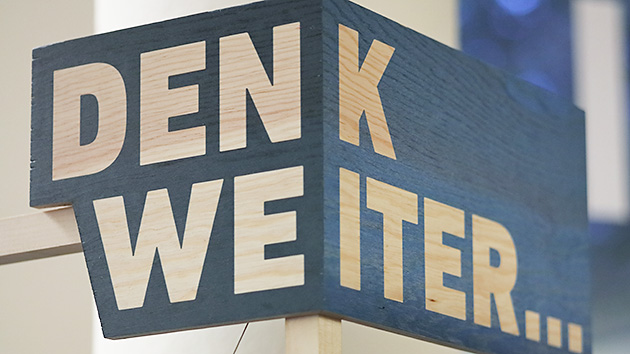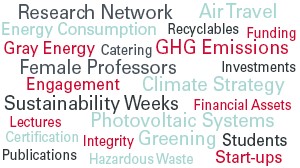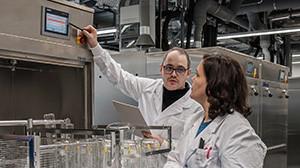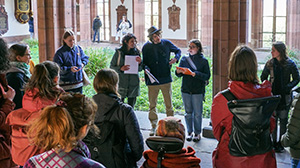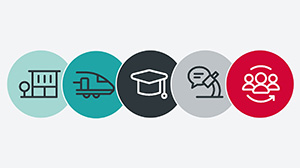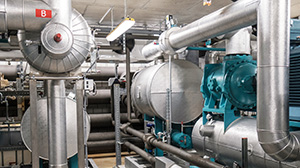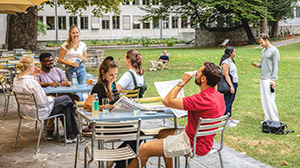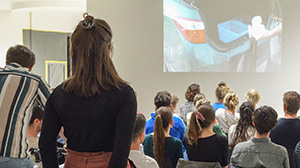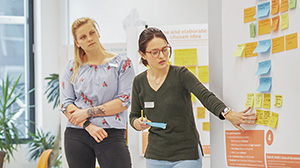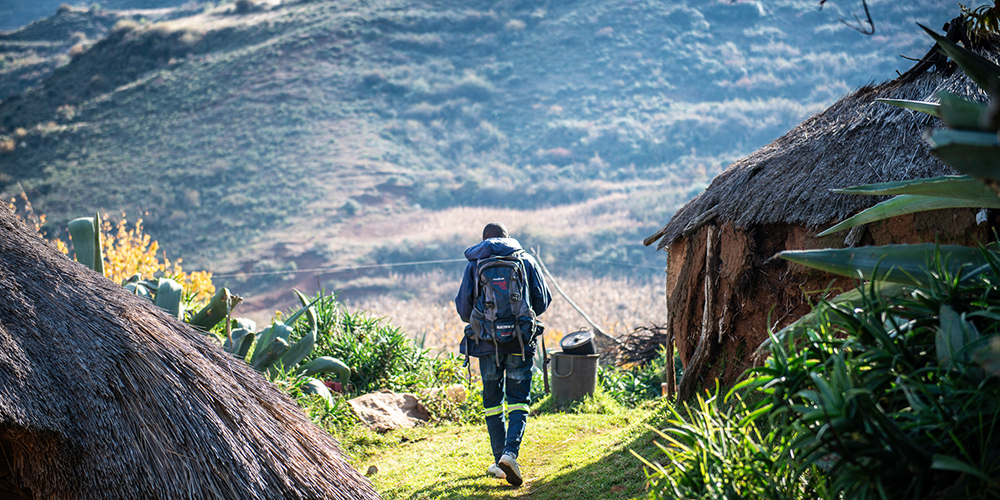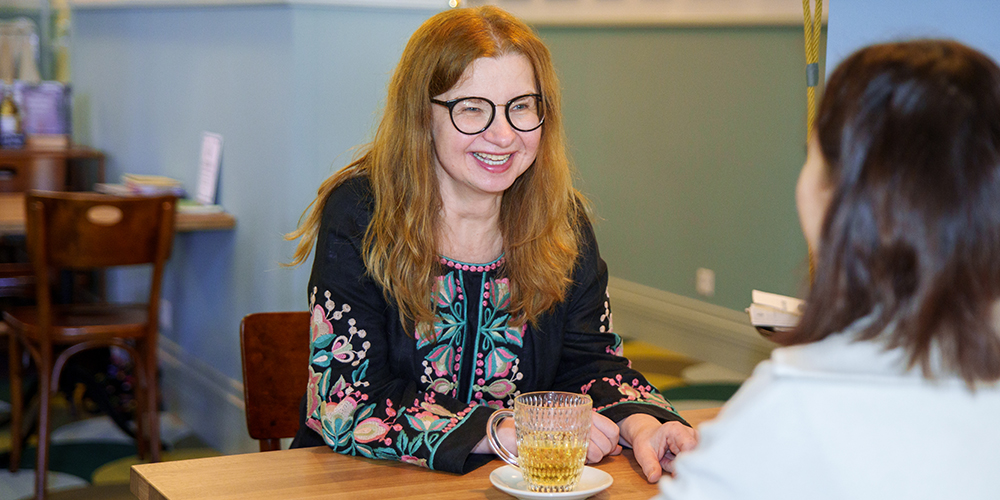Sustainability Report 2023/2024
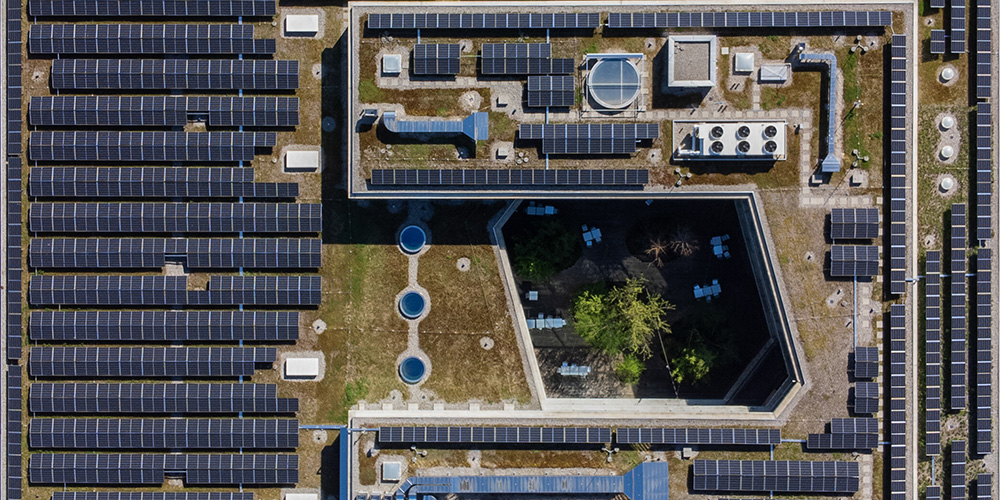
The University of Basel’s Sustainability Report for 2023/2024 summarizes key figures and information on sustainability in research, teaching, and operations. From creative student projects and innovative courses to concrete achievements in operational sustainability management – over the past two years, the university has made significant progress in the area of sustainability.
The Sustainability Report is divided into eight key focus areas identified as particularly relevant to the University. In addition to the report, the Action Plan provides an overview of planned activities for the 2025–2026 period. Key data are also summarized in charts in the Key Figures chapter. The report is available exclusively online.
Statement by the President
Our university is clearly committed to sustainability and climate protection. This is reflected in the numerous initiatives and projects implemented over the past two years, which are summarized in this sustainability report. The university's commitment is underlined in particular by the university climate strategy “Climate Responsibility - Climate Strategy of the University of Basel 2024-2030” published in spring 2024. By implementing the key measures defined in the strategy, university emissions are to be reduced by 35% by 2030 from the base year 2019. The Sustainability Committee, which was established in 2023, will play a key role in implementing the strategy. It pools the concerns and ideas of the faculties, groups and administrative departments and provides important impetus for the further development of measures in the area of sustainability.
Since the climate strategy was published, first steps have already been taken and several projects have been initiated. For example, the almost 1,400 m2 photovoltaic system installed on the Department of Sport, Exercise and Health building in Münchenstein in 2024 will make an important contribution to the university's renewable energy supply. The energy transition was also a topic in research. The interdisciplinary research network “Sustainable Future” is involved in two major research collaborations that should make a significant contribution to the successful implementation of the national Energy Strategy 2050. In day-to-day research, scientists are supported by the new “Green Lab Initiative” to make laboratory operations more sustainable. During the first-ever “Electricity Saving Challenge”, research groups were also able to optimize their electricity consumption through simple measures.
Numerous courses offered by the University of Basel promote the ability of our students to recognize and assess problems of sustainable development in their context. In the past two years, corresponding courses have increasingly been offered across borders as part of the university alliances Eucor and EPICUR. In addition, the interdisciplinary online course “Sustainability tomorrow”, developed in 2023, offers interested parties a scientific introduction to sustainability based on Switzerland's energy system. The “Impuls” funding program supported lecturers in integrating sustainability-related content with practical relevance into 16 courses. Many committed students also implemented numerous projects. In addition to the successful Sustainability Weeks 2023 and 2024, the AG Nachhaltigkeit organized various workshops, information stands and panel discussions for members of the university and the public.
New measures have been developed for the next two years in order to continue promoting sustainable development at the university. My sincere thanks go to all members of the university who are involved in a wide variety of areas and are thus helping to shape the University of Basel in a sustainable way.
Prof. Dr. Dr. h.c. mult. Andrea Schenker-Wicki
President of the University of Basel
Previous Sustainability Reports
-
Sustainability Office
